“Natural” sounds safe, but these products are anything but friendly.
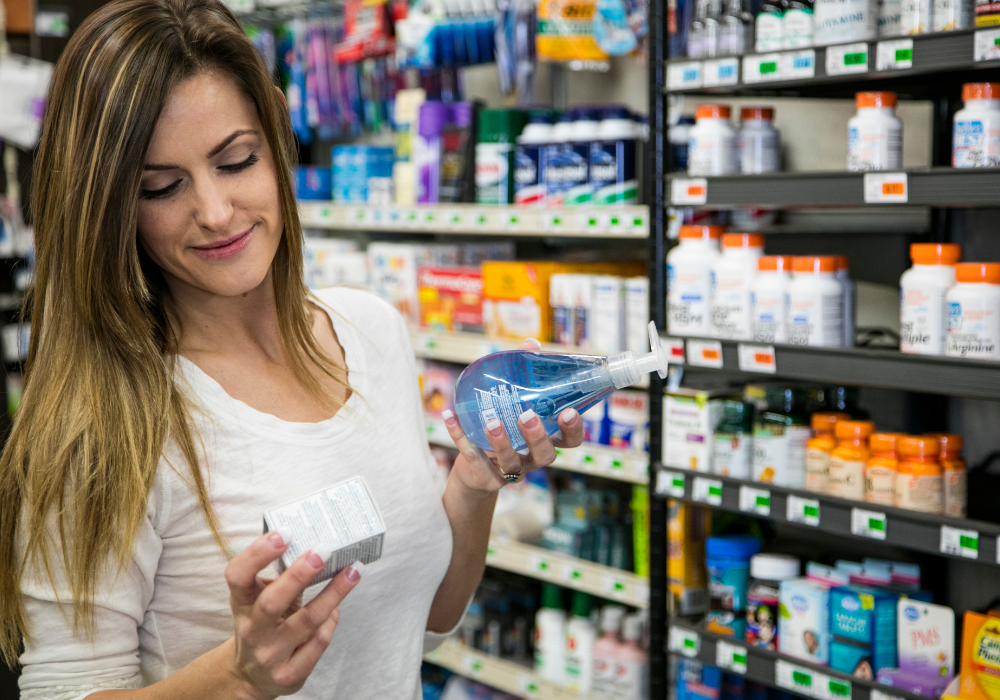
The word “natural” has a magical way of making us drop our guard. You stroll through the herbal aisle thinking you’re loading up on pure, earthy goodness that’ll boost your health and make you glow from the inside out. But here’s the uncomfortable truth: that green, leafy packaging can be a master of deception. Companies love slapping “natural” on a label because it feels safe and trustworthy—even when the product inside is anything but.
Many so-called natural supplements and remedies aren’t regulated, can be contaminated, or just flat-out don’t work. Some even contain hidden ingredients that could seriously mess with your health. It’s not about turning your back on all plant-based goodies—it’s about knowing which ones deserve a hard pass. Before you grab that next miracle bottle, check out these 10 “natural” products you should seriously rethink.
1. Detox teas promise a flat tummy but can wreck your gut.
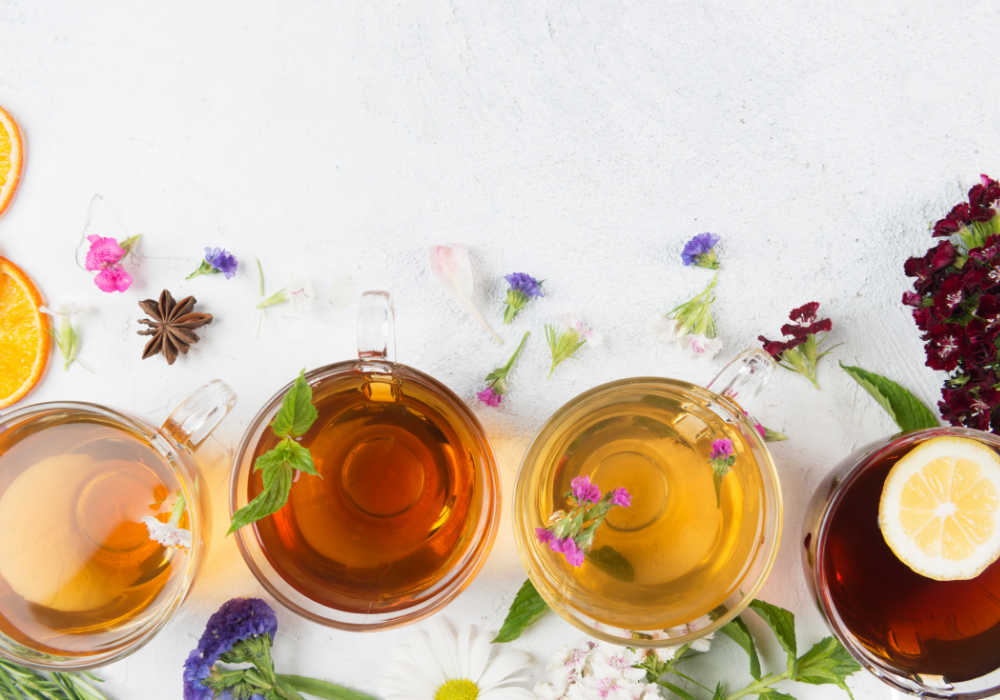
Scrolling through social media, you’ll see endless influencers praising “detox” or “skinny” teas that supposedly flatten your stomach overnight. In reality, these teas often contain strong laxatives like senna, which don’t cleanse toxins—they just make you run to the bathroom and dehydrate you. Relying on these can mess with your digestive system, disrupt electrolyte balance, and lead to painful cramps or longer-term gut issues.
Despite the pretty packaging and “natural cleanse” claims, these teas aren’t a healthy way to manage weight or boost wellness. If you want to support your digestion, stick to real fiber from fruits and veggies and drink actual water instead. It’s way less glamorous, but your gut will thank you, and you won’t find yourself chained to the nearest restroom after every “cleanse.”
2. Essential oils aren’t magical cure-alls and can cause serious harm.
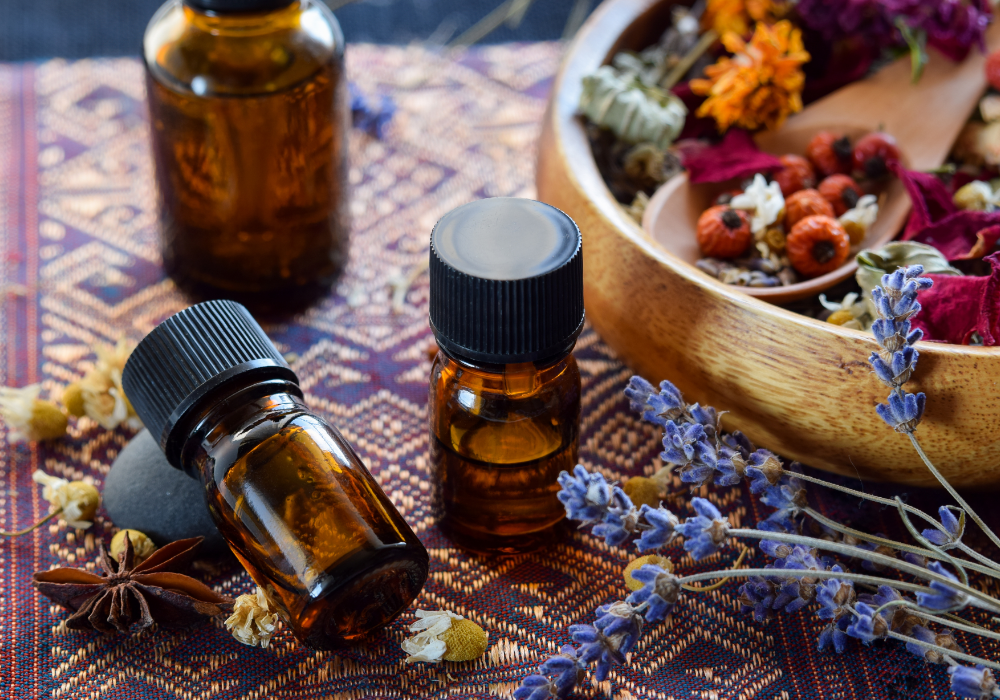
They smell amazing, but essential oils aren’t harmless potions. Many people believe they can fix everything from anxiety to infections, but using them incorrectly can be dangerous. Undiluted oils can cause severe skin burns, allergic reactions, or even poisoning if ingested (spoiler alert: they’re not meant for smoothies). Diffusing them around pets can also make your furry friends seriously ill.
While some essential oils have benefits in small, diluted doses, they’re not substitutes for medical treatment. The biggest problem? The industry isn’t well-regulated, so purity and quality vary wildly.
Always do your homework, and remember: “natural” doesn’t mean risk-free. Next time you’re tempted to slather tea tree oil all over a rash or drop lavender in your lemonade, pause and think twice—your body will be glad you did.
3. Raw milk might seem old-school cool, but it’s a bacterial minefield.
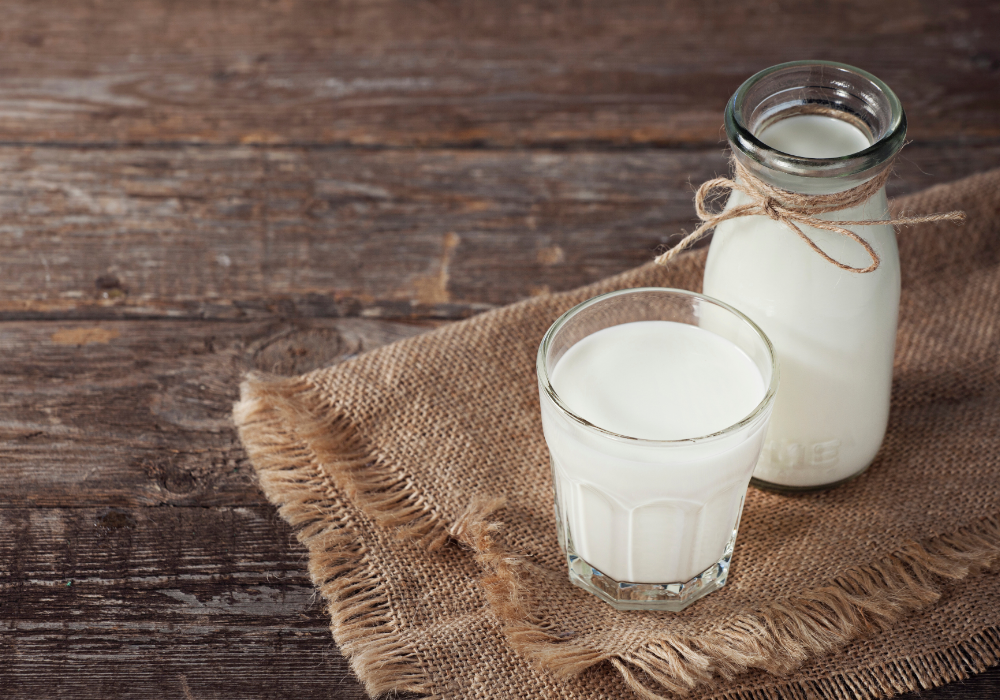
Raw milk enthusiasts claim it’s more nutritious and easier to digest than pasteurized milk. The catch? It can also contain dangerous bacteria like E. coli, Salmonella, and Listeria, which can cause serious illness or even be fatal—especially for kids, pregnant people, and anyone with a weakened immune system. The risk is real, no matter how “farm fresh” the jug looks.
Pasteurization exists for a reason: it kills harmful pathogens without destroying nutritional value. The romantic idea of sipping raw milk straight from the cow sounds wholesome, but the reality often involves stomach cramps, hospital visits, and worse. If you want to support local farms, buy pasteurized dairy products from small producers. You’ll still get the flavor and nutritional benefits without rolling the dice on your health every time you pour a glass.
4. Colloidal silver turns you blue—and not in a cute Smurf way.
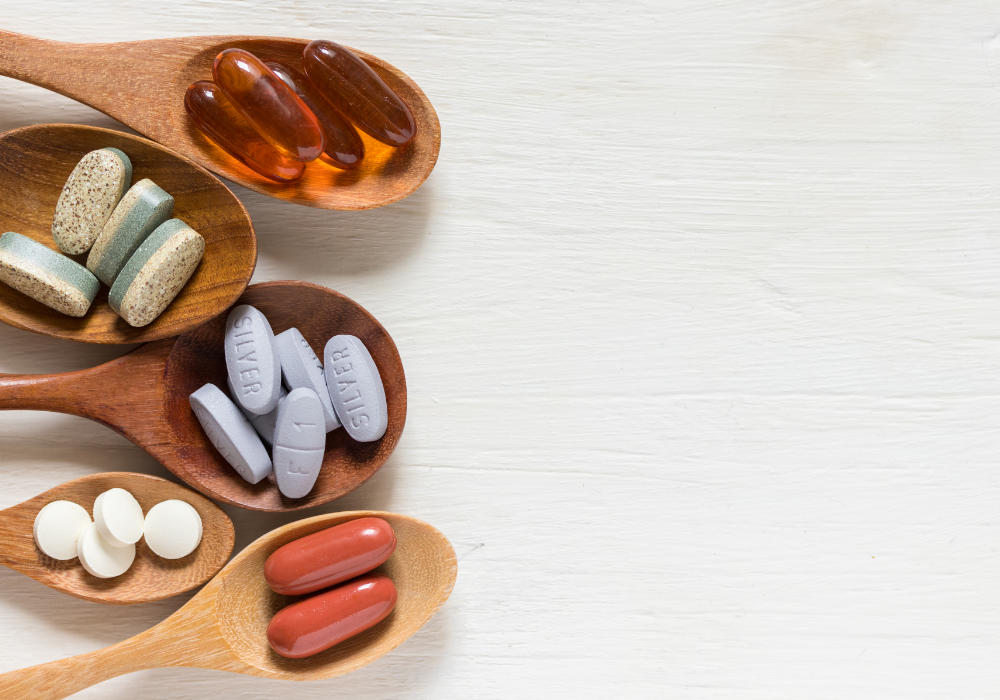
Colloidal silver products are often sold as “natural antibiotics” or immune boosters, but they’re one of the worst offenders in the wellness world. Regular use can cause argyria, a permanent condition that turns your skin a bluish-gray color. Beyond the cosmetic nightmare, silver particles can build up in your organs and potentially cause kidney damage or interfere with medications.
There’s no solid scientific evidence that colloidal silver treats or prevents any illness, despite the marketing hype. The FDA has warned against it repeatedly, yet it still shows up on store shelves and alternative health sites.
If you’re looking to boost immunity, stick to proven methods like sleep, a balanced diet, and vaccines. Save your money—and your skin tone—by leaving this “natural” remedy in the past where it belongs.
5. St. John’s wort might lift your mood but can mess up your meds.
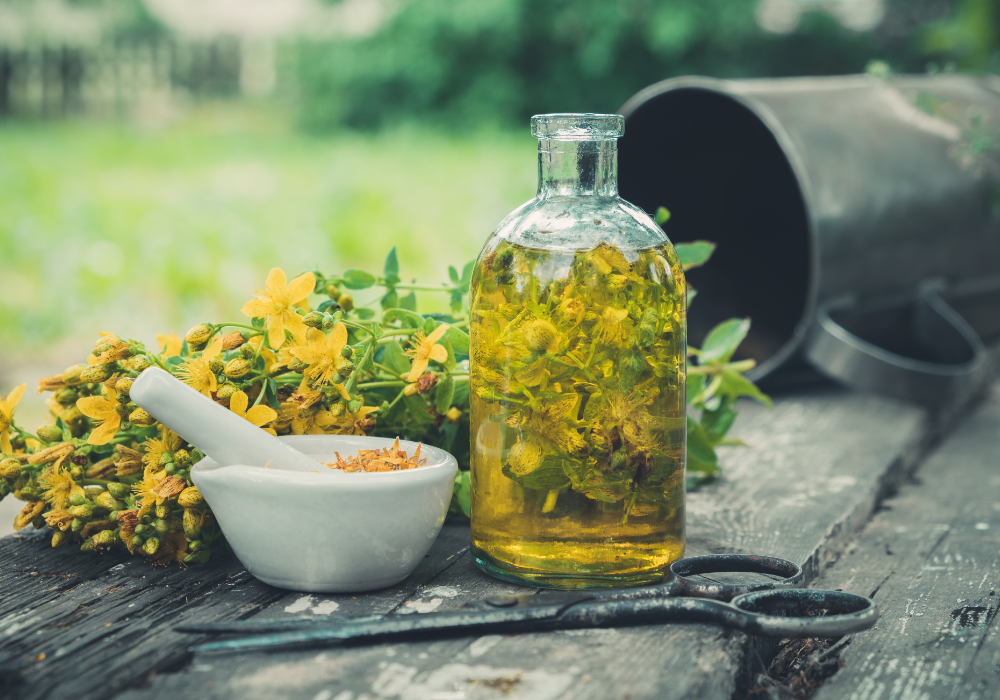
St. John’s wort is often praised as a natural alternative to antidepressants, and while it can help some people, it also has a huge downside: it interferes with a long list of medications. Birth control, blood thinners, antidepressants, HIV treatments—you name it, St. John’s wort can mess with it. The result? Reduced effectiveness, unexpected side effects, or dangerous health complications.
Unlike prescription meds, herbal supplements aren’t strictly regulated, so dosages can vary wildly between brands. Taking it without a doctor’s guidance is like playing medication roulette. If you’re curious about herbal mood support, always consult a healthcare professional first. There are safer, more controlled ways to support mental health that won’t sabotage your other medications or leave you with unexpected health crises hiding behind a “natural” label.
6. Activated charcoal doesn’t magically erase all your “toxins.”
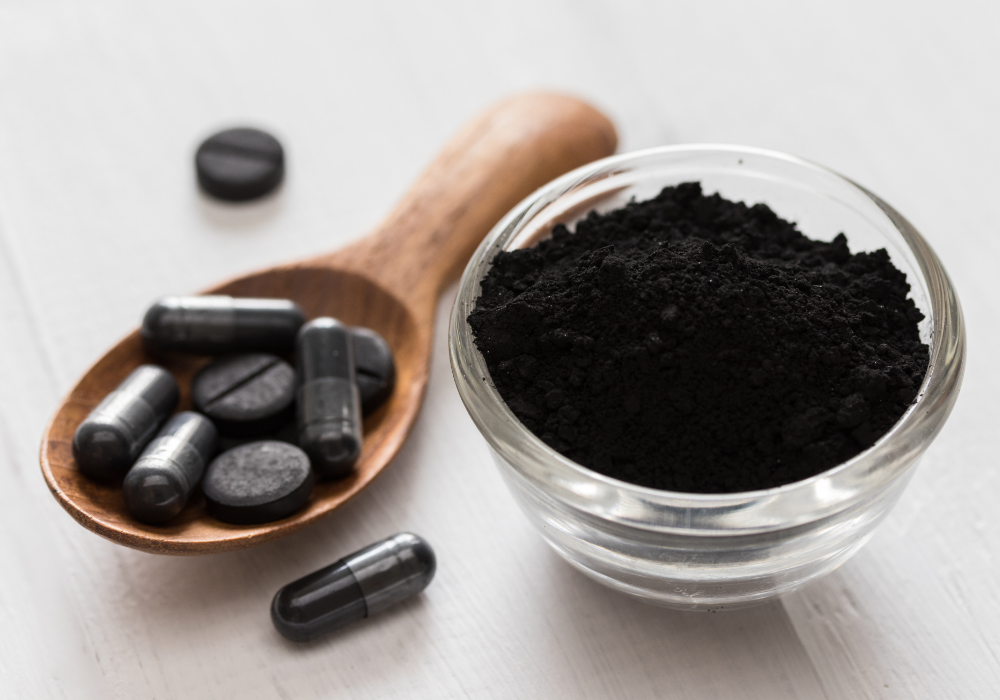
Instagram loves to hype charcoal everything—smoothies, lemonade, toothpaste—as if it’s some mystical toxin magnet. In reality, activated charcoal can bind to medications and nutrients in your gut, meaning it might prevent you from absorbing important vitamins or make your meds less effective. It’s great in hospitals for certain poison emergencies, but as a daily wellness hack? Nope.
Charcoal doesn’t know the difference between “bad” and “good” substances—it just soaks up whatever’s around. Overuse can even lead to constipation or black stools that freak you out unnecessarily. If you really want to “detox,” your liver and kidneys already do that job like pros. Instead of sipping black lemonades, focus on hydrating, eating fiber-rich foods, and giving your body what it needs to function naturally. Charcoal might look cool, but it’s not a miracle solution.
7. Arnica gels can cause more harm than healing if misused.

Arnica is everywhere in the “natural” pain relief aisle, promising to soothe bruises, sprains, and muscle aches. While topical arnica might help in small, controlled doses, swallowing arnica or using it on broken skin can be downright dangerous. Oral arnica can cause severe side effects like dizziness, heart irregularities, and even organ damage.
Some products don’t clearly warn users about safe usage, tricking people into thinking “natural” means harmless. Plus, quality and concentration vary wildly across brands, making self-dosing a risky guessing game.
Before smearing or swallowing arnica, talk to a medical professional and read labels carefully. If you want safer pain relief, stick to proven methods like ice, rest, and stretching. Arnica isn’t your all-access pass to a pain-free life, despite what flashy labels claim.
8. Natural weight-loss supplements often come with a side of serious risks.
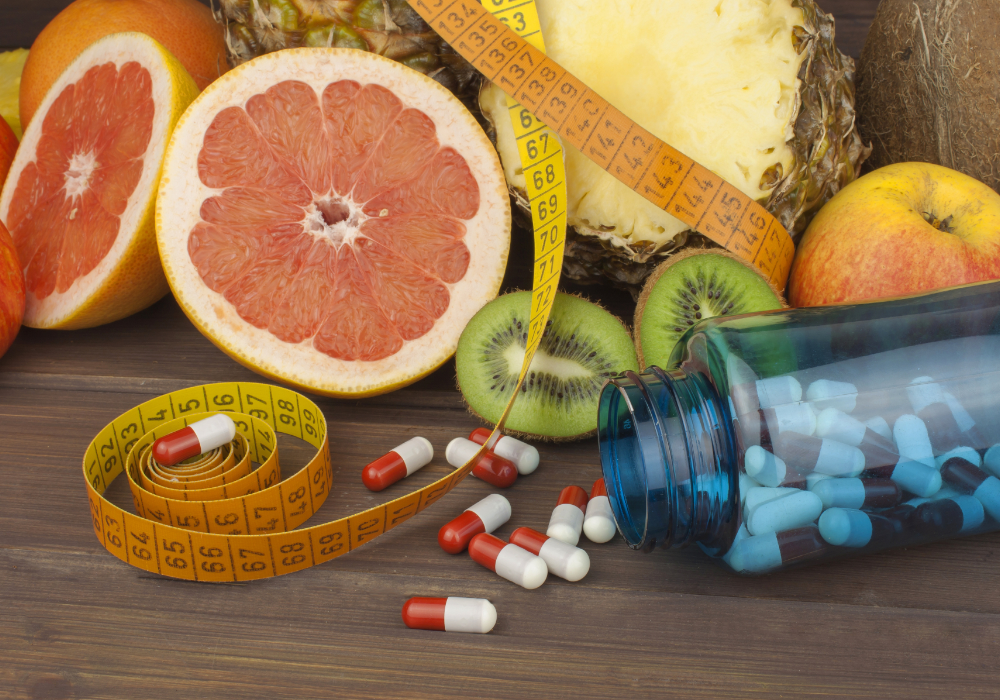
Weight-loss pills labeled “herbal” or “natural” might look like a quick fix, but many contain hidden stimulants, untested ingredients, or even illegal substances. They can crank up your heart rate, mess with blood pressure, and cause insomnia or anxiety. Some have been linked to liver damage and other scary complications that definitely outweigh any promised “fat-melting” effects.
These supplements often aren’t properly regulated, so you really don’t know what you’re getting. Ingredients might interact dangerously with medications or underlying health conditions. If you want to manage weight, focus on real strategies like balanced meals, movement you enjoy, and sleep—not sketchy capsules promising magic. Your body deserves better than a mystery pill masquerading as a shortcut to your dream jeans. Think twice before swallowing that “natural” fix.
9. “All-natural” sunscreens might leave you dangerously exposed.
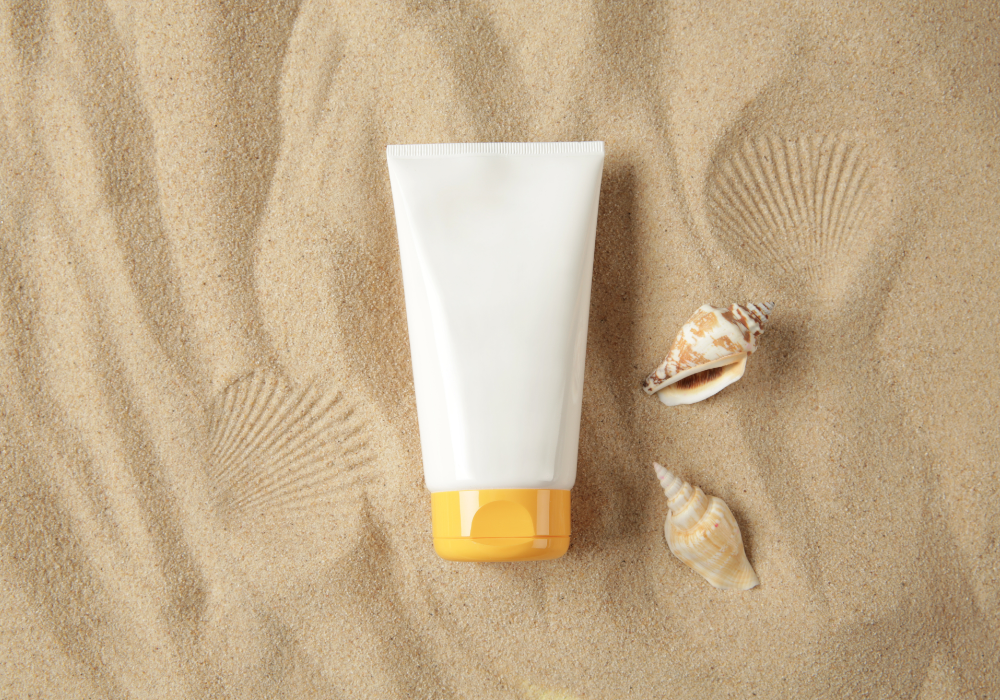
Sunscreen is crucial, but some “all-natural” versions skip essential UV-blocking ingredients to appeal to green-minded shoppers. These formulations often rely only on oils or plant extracts that might moisturize but won’t actually protect you from skin cancer or premature aging. Misleading marketing can give you a false sense of safety while the sun does serious long-term damage.
Look for mineral sunscreens containing zinc oxide or titanium dioxide if you want a more natural option that still works. Always check labels for broad-spectrum protection and proper SPF levels. Protecting your skin isn’t the time to cut corners or experiment with “DIY” recipes you saw on TikTok. The stakes are too high to gamble on vibes alone—go for real protection and keep your skin (and future self) safe.
10. Homemade essential oil toothpaste can hurt more than it helps.
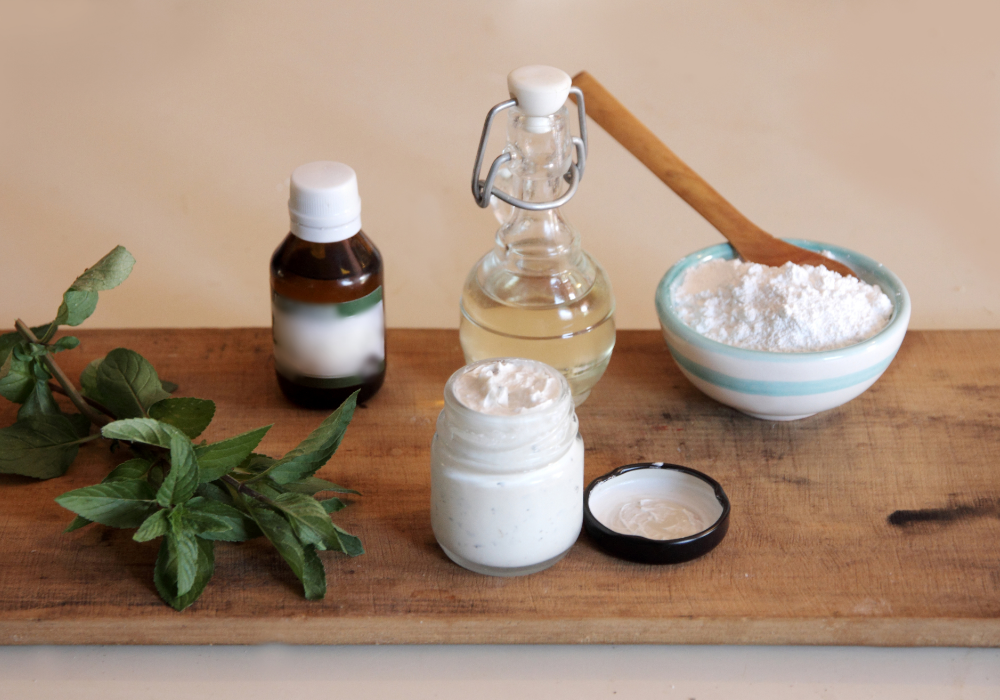
Making your own toothpaste with essential oils might sound like a fun, crunchy DIY project, but it can actually damage your teeth and gums. Many of these recipes skip fluoride, which is crucial for preventing cavities and strengthening enamel. Some oils can be too harsh and cause irritation or chemical burns inside your mouth.
The idea of brushing with a “pure” alternative feels wholesome, but dental health is not the place for risky experiments. Your teeth only get one set of adult chances—don’t gamble with them to avoid “chemicals” that are actually proven to protect you.
If you want a gentler toothpaste, choose a certified natural option with fluoride rather than whipping up your own in the kitchen. Trust your dentist over influencers when it comes to keeping that smile strong and healthy.
